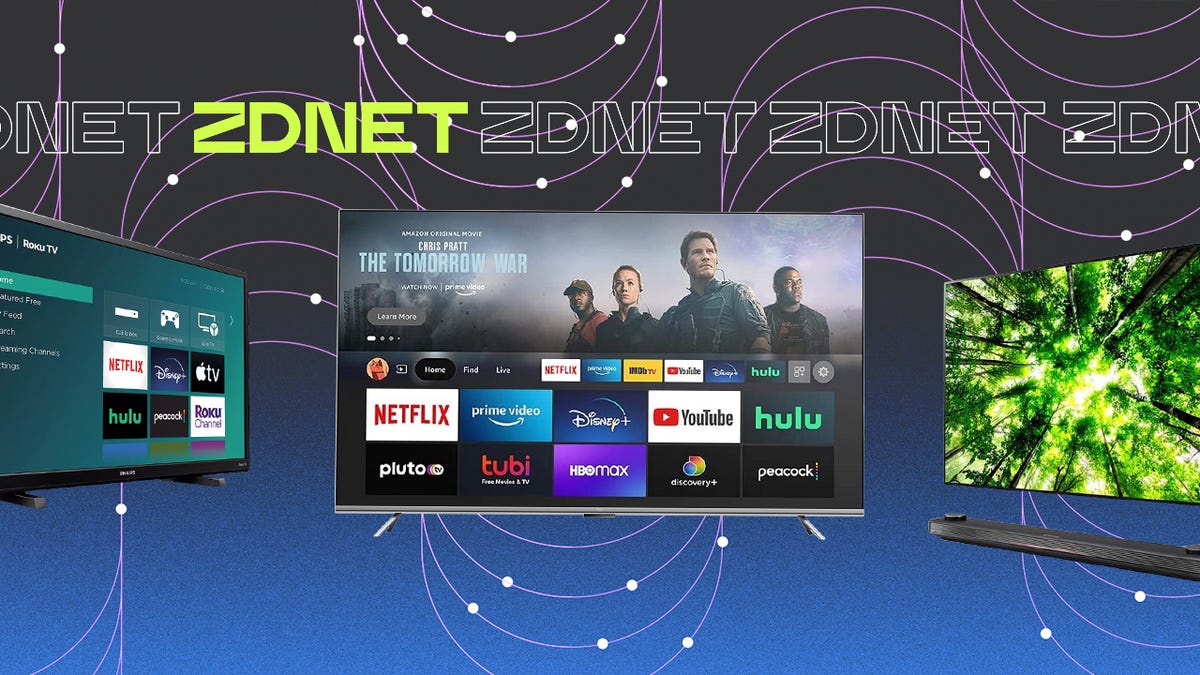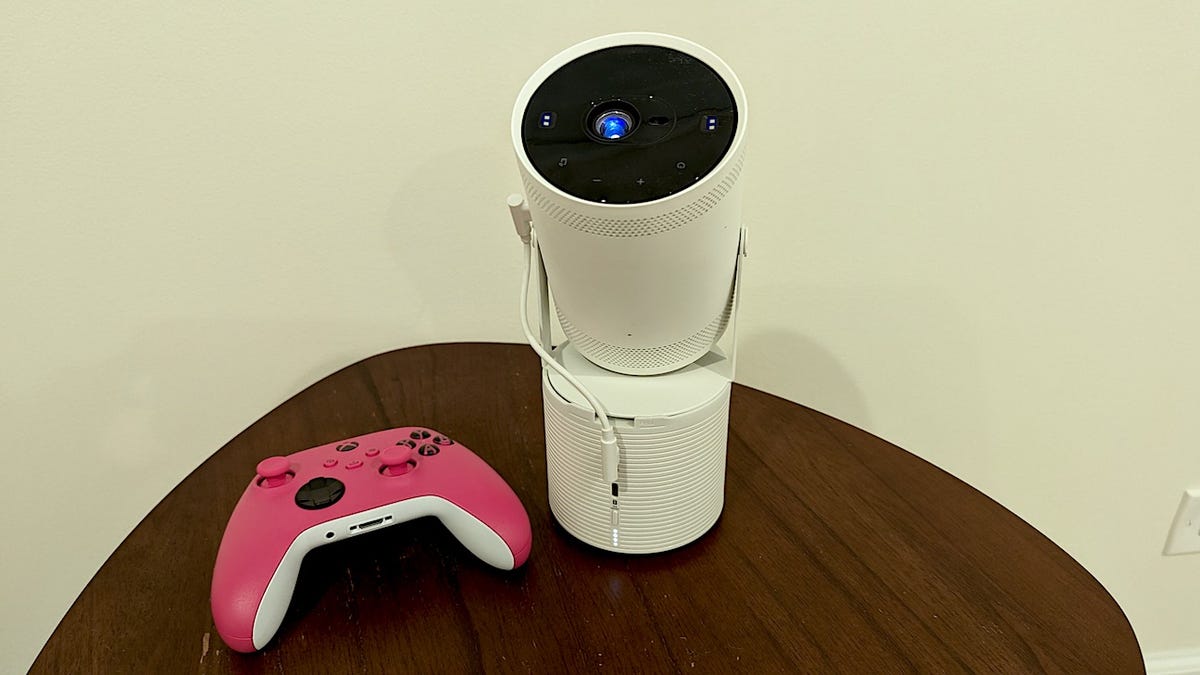BOOK THIS SPACE FOR AD
ARTICLE ADAlphabet's Google said on Wednesday its presence in South Korea equates to nearly KRW 12 trillion (roughly Rs. 75,580 crores) in economic benefits for its users, as the US tech giant faces increased scrutiny from regulators and politicians.
Google's announcement came a day after South Korea's antitrust agency fined Google KRW 207 billion (roughly Rs. 1,300 crores) for blocking customised versions of its Android operating system, in the company's second setback in the country in less than a month.
The Korea Fair Trade Commission said this could be the ninth-biggest fine it has ever imposed.
Google said during an online event that it annually provides KRW 5.1 trillion (roughly Rs. 32,120 crores) worth of benefits for South Koreans through its Play Store, KRW 4.2 trillion (roughly Rs. 26,450 crores) through its search engine service, and 2.5 trillion won through its productivity apps, including Google Docs, citing a report from consulting firm AlphaBeta.
Google added that it also annually provides KRW 10.5 trillion (roughly Rs. 66,130 crores) in economic benefits for South Korean companies.
Google did not provide how such assessments were made.
YouTube CEO Susan Wojcicki said YouTube contributed more than KRW 1.5 trillion (roughly Rs. 9,450 crores) to South Korea's gross domestic product (GDP) in 2020 and created more than 86,000 full-time jobs.
"We will continue to do our best to support our partners to grow and advance into the world and to positively contribute to the South Korean economy," Google Korea's Country Director Kim Kyoung-hoon said during the event.
Earlier, in late August, parliament passed an amendment to South Korea's Telecommunications Business Act - popularly dubbed the "anti-Google law" to ban major app store operators such as Google from forcing software developers to use their payment systems and effectively stopping developers from charging commission on in-app purchases.
© Thomson Reuters 2021
.png)
 3 years ago
212
3 years ago
212 














 Bengali (Bangladesh) ·
Bengali (Bangladesh) ·  English (United States) ·
English (United States) ·